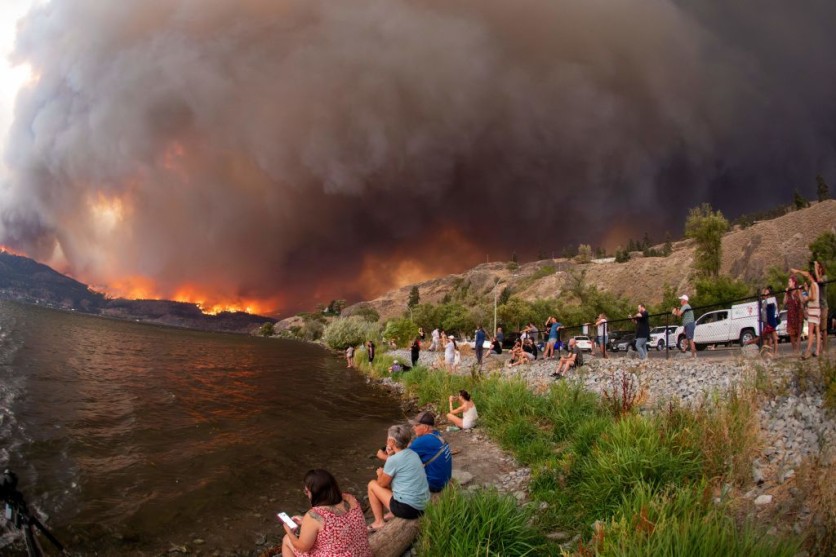In a compelling move, the government of Canada has called upon Meta to revoke its ban on domestic news content across its platforms. This appeal aims to facilitate the dissemination of critical information concerning wildfires in the country's western region.

Canada Urging Meta to Lift News Ban
As wildfires continue to ravage the distant northern enclave of Yellowknife, Reuters reported that individuals seeking refuge have expressed their discontent to local media, citing an obstacle in their attempts to share crucial fire-related information.
City residents have raised a concern regarding the absence of news links on Facebook and Instagram, making it challenging to obtain precise details about the wildfires and evacuation procedures through social media.
Authorities noted a proliferation of misinformation about the fires circulating on Facebook. As a countermeasure, they have advised individuals to turn their attention to radio broadcasts or follow live blogs from local media sources for reliable and up-to-date information.
In a social media post, Canada's Heritage Minister Pascale St-Onge criticized Meta's "reckless choice to block news... hurting access to vital information on Facebook and Instagram."
"We are calling on them to reinstate news sharing today for the safety of Canadians facing this emergency. We need more news right now, not less," she noted.
Canadian Transport Minister Pablo Rodriguez also addressed this concern, deeming Meta's current actions as entirely unsatisfactory. In a briefing, he emphasized the seriousness of the situation, highlighting the concern that crucial information is being withheld from the public due to the ban.
Rodriguez, formerly the heritage minister overseeing the legislation that mandated payment for news articles, continued to assert his stance. He also urged Meta to reverse its decision promptly.
Also Read : Canada Stops Buying Ads on Facebook, Instagram Amidst New Law on Paying Online News Publishers
Meta's Response
In response, Meta conveyed that during critical situations, its Safety Check feature empowers people to seek support, check on their loved ones, and access updates from reputable sources.
The company noted that individuals in Canada can still utilize their technological platforms to connect with their communities and access reliable information, including content from official government agencies, emergency services, and non-governmental organizations.
Meta ceased the availability of news content within Canada to align with the requirements set forth by the country's Online News Act. For Canadian news providers, this means that news links and content from local publishers and broadcasters will no longer be accessible to users within Canada.
On the other hand, international news sources can continue posting content, but it won't be visible to Canadian users. Canadian Prime Minister Justin Trudeau and others have underscored the potential dangers this action poses to democracy, journalism, and the proliferation of misinformation and fake news.
The Guardian reported that Meta counters these claims by asserting that news content constitutes less than 3% of the content users encounter in their Facebook feeds, arguing that it holds minimal significance for their revenue.
Related Article : Canada Stops Buying Ads on Facebook, Instagram Amidst New Law on Paying Online News Publishers

ⓒ 2026 TECHTIMES.com All rights reserved. Do not reproduce without permission.




